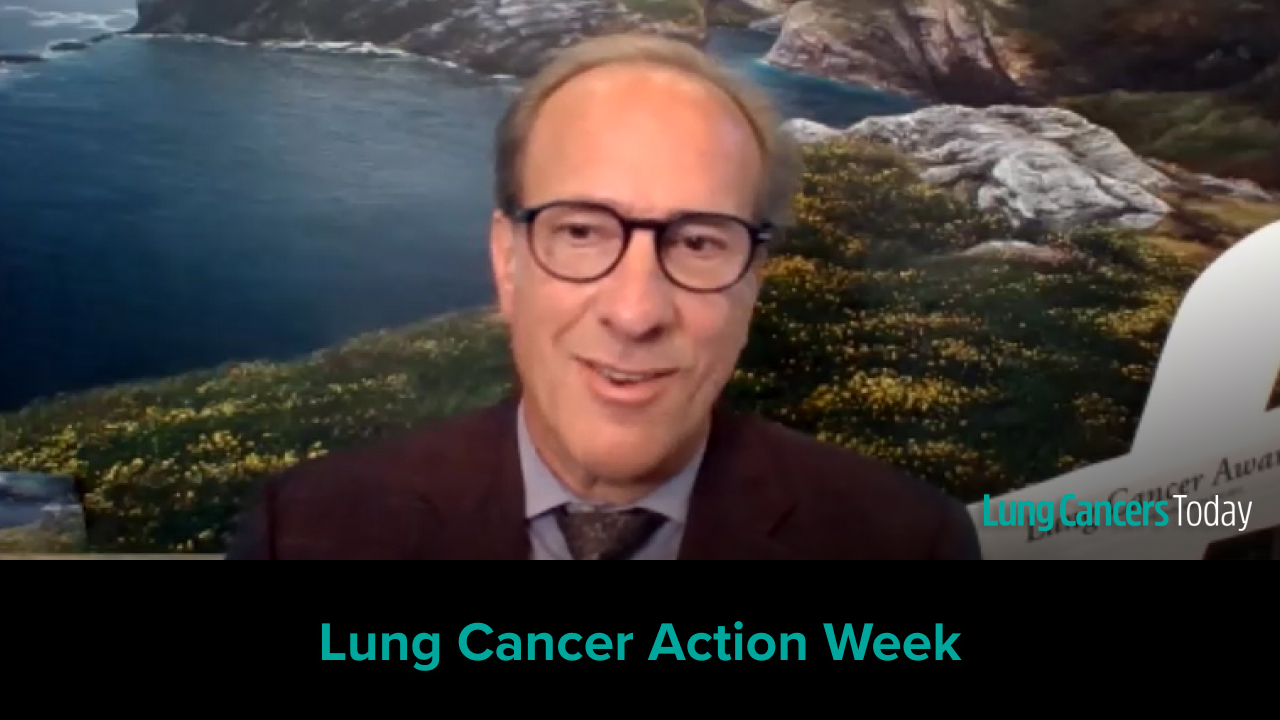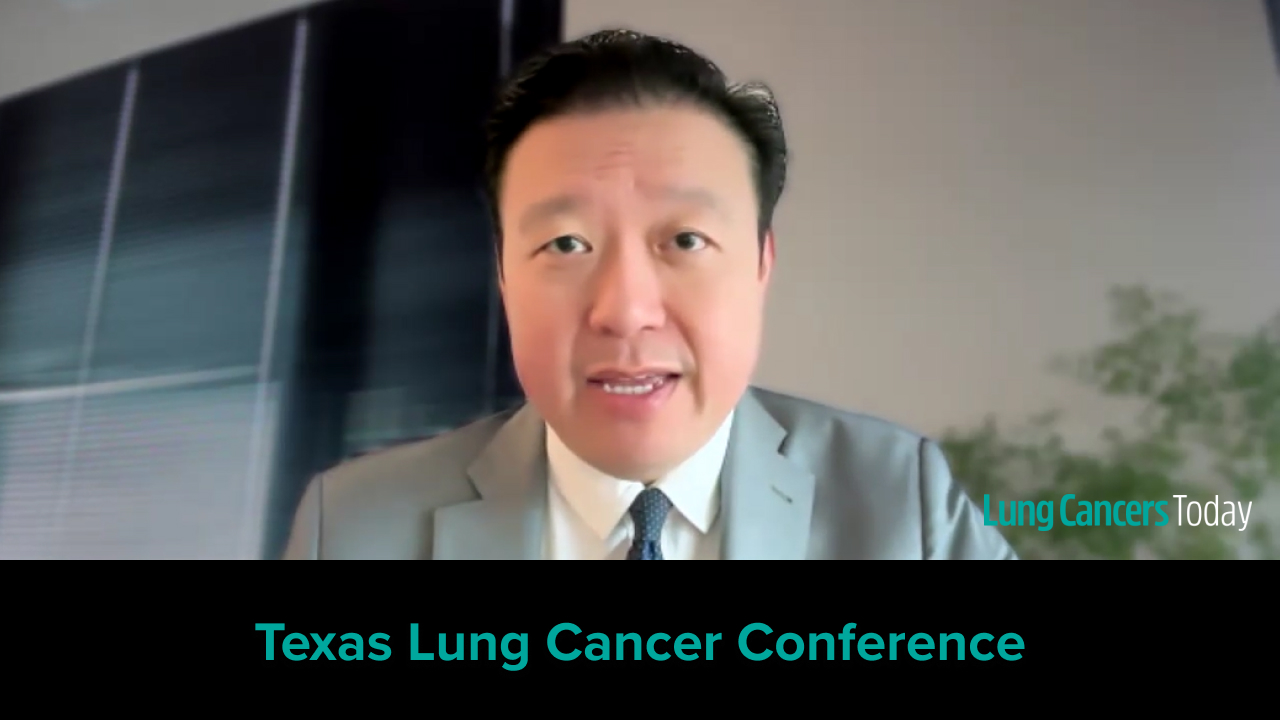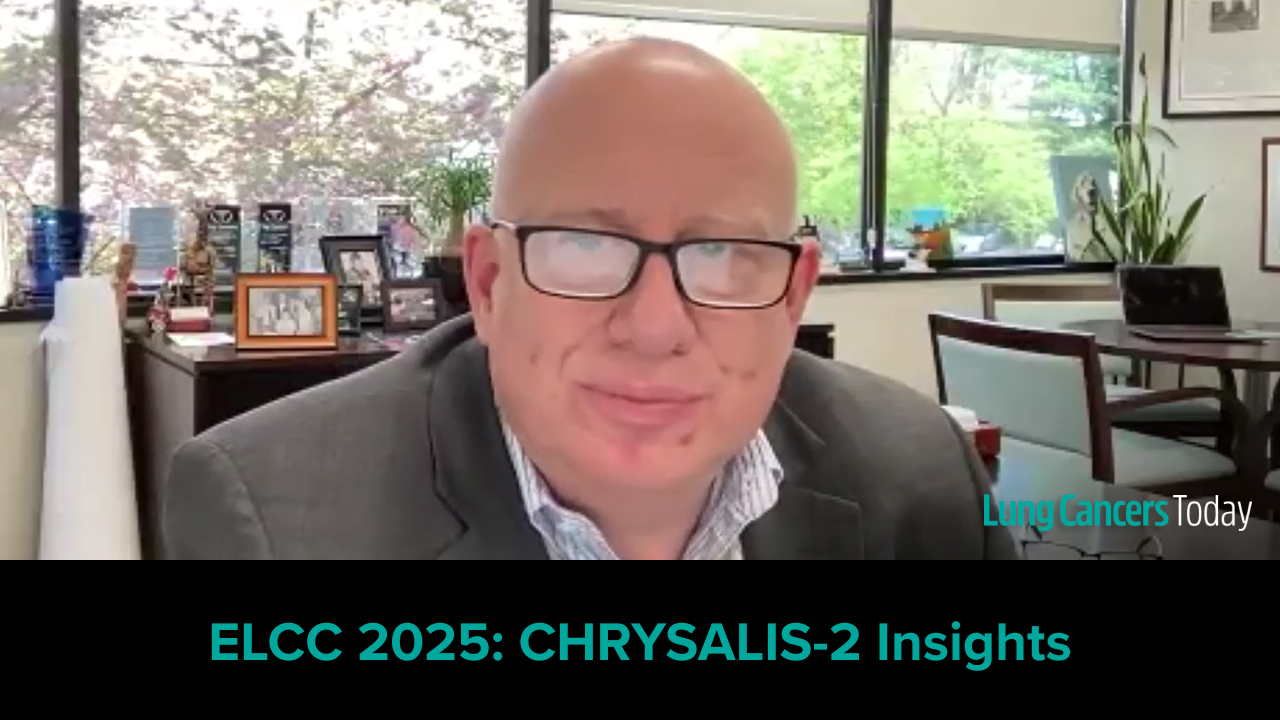Florez Lab Launches #HearHer Campaign to Raise Awareness of Lung Cancer in Women
By Angela Morabito, Courtney Mantz, Cecilia Brown - Last Updated: November 18, 2024Angela Morabito and Courtney Mantz, who work in the lab of Narjust Florez, MD, FASCO, at the Dana-Farber Cancer Institute, joined Lung Cancers Today to speak about the lab’s #HearHer campaign.
The awareness campaign aims to help people understand “how great of an impact lung cancer is having on women,” Morabito explained.
The campaign kicked off on November 1 to coincide with Lung Cancer Awareness Month.
“We are looking to help women get diagnosed sooner,” Mantz said, noting that the campaign aims to help remind patients to advocate for themselves and get themselves “seen, heard, and treated faster.”
The Florez Lab has been spreading the message of #HearHer by conducting an extensive social media campaign and sending out #HearHer pins and associated informational cards to patients, advocates, providers, and researchers around the world.
“We are growing very rapidly. We are shipping out cards daily in bundles of 50-plus,” Mantz said. “It’s a super fast-growing campaign, which we could not be more grateful for, but our plan is to get bigger.”
With lung cancer being the leading cause of cancer mortality in women living in the United States, it’s critical to resources and experiences to let women know that they aren’t alone, Mantz and Morabito said explained.
“I thought that #HearHer was an amazing opportunity to bring that to life for others in the lung cancer space and build a network of women who have gone through the experience or are going through it right now,” Morabito said. “[We wanted] to give them a platform to share with others.”
Their clinical experience working with women who have lung cancer showed why it was so important to provide a platform to share stories and raise awareness.
“We started noticing that a lot of our female patients would share with us their experiences, some very positive, some not so much… [some patients were saying] ‘I feel like my providers maybe didn’t listen to me all the time or attributed my symptoms to something else’… With that, we really wanted to take action and do something about it,” Morabito said.
The campaign has already seen an outpouring of support and a “waterfall of responses,” Mantz said. “It’s just incredible to see,” she added.
For example, one woman shared a heartfelt message on Instagram about her stage IV lung diagnosis and how it could have been detected earlier if certain signs and symptoms had been recognized as lung cancer. With the outpouring of stories and support, Morabito shared her hope that the campaign may help improve early detection of lung cancer in women, “which is ultimately the biggest goal.”
“We do see that they experience a lot of diagnostic delays; whether it’s because of the symptoms being treated due to other things, inadequate screening, or even the lack of opportunities for clinical trials for women,” Morabito said. “All of these factor into why there is a delay in lung cancer diagnosis for women and overall, the diminished survival rates that we’re seeing. Because of that, we think it’s really important to continue the work of #HearHer and keep getting the word out there.”
For those who want to get involved and support the campaign, they can contact the Florez Lab through email at younglungresearch@dfci.harvard.edu, via X (formerly Twitter) at @Florez_Lab, or via Instagram at @florezlab. Those who are interested in receiving pins and cards can provide their name, mailing address, and the number of pins requested. The pins can be shipped within the US and internationally, Mantz and Morabito said.







 © 2025 Mashup Media, LLC, a Formedics Property. All Rights Reserved.
© 2025 Mashup Media, LLC, a Formedics Property. All Rights Reserved.